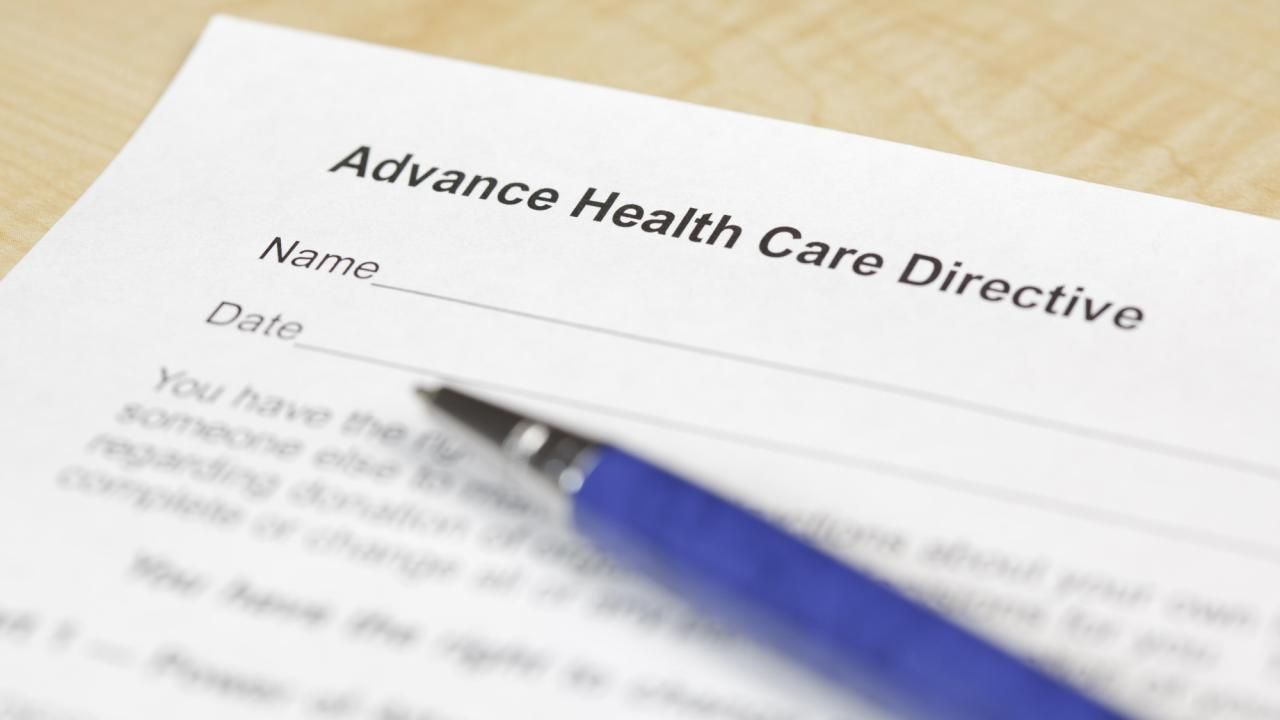Having hard conversations is key in advance care planning

Advance care planning is about much more than just age.
It is the process of communicating information about a patient’s diagnosis, treatment options, life goals, values and wishes. It often involves the patient, those they love and health care providers, and it’s a process that is ongoing throughout life.
Medical issues can arise in the blink of an eye, so planning with the people you love can ensure that you and your family members are equipped to handle tough times while being able to honor the wishes of a loved one.
Having these conversations isn’t always easy, but according to Ellen Willard, M.D., of FirstHealth Hospice and Palliative Care in Pinehurst, they are crucial to ensure that families and facilities are equipped to address tough times while being able to honor the wishes of a loved one.
“Studies show that only about a quarter of all adults have engaged in advance care planning,” Dr. Willard said. “Accidents and acute illness can happen to anyone at any time, and while it may be difficult to think about these choices, it is crucial to speak about your wishes while you can. It is always best to begin these conversations before you are facing the stress of hospitalization.”
In recognition of National Healthcare Decisions Day on April 16, Dr. Willard provides answers to a few key questions about how to get started with advance care planning and how to best prepare yourself and family members.
What should someone who is just starting out do first?
We recommend getting a health care power of attorney, which is a legal document that allows an individual to designate another person to make medical decisions for him or her when he or she cannot make those decisions for himself or herself, as well as a backup decision-maker if a health care power of attorney is unable to fulfill their duties.
It is also important to have one-on-one conversations about the document, ensuring that a health care power of attorney is ready to follow through on those wishes in the event of a crisis. Once those documents are completed, copies should be given to the doctor’s office and those involved in decision making. While attorneys can create these documents, there are also versions available online that can be completed and signed in the presence of a notary and necessary witnesses.
Is this a one-time process or should it be reviewed regularly?
We recommend reviewing this annually and especially considering any changes in your health or the ability of the health care power of attorney to make decisions for you. Also, your wishes may change over time, so when that happens, it’s important to keep the health care power of attorney document updated and continue to have those important conversations with those close to you.
What other things should I discuss with my family?
The legal part of the conversation is a great place to start, but there should also be other conversations between loved ones that address specific advance care wishes or values.
For example, what are the abilities that are so important to your life that you can’t imagine living without them? What living situation or functional status would be unacceptable to you? A living will is a legal document that can list or identify medical interventions you do or don’t want, and while it does not replace a health care power of attorney it can act as a guide. A MOST form can be completed with a health care provider, and that can also be a good guide to discussion regarding what you would or would not want in certain situations.
Another thing to remember is that a health care power of attorney is not the same thing as a financial power of attorney. That document designates someone to handle your financial affairs if, for whatever reason, you become disabled for a period or incapacitated. This could be a different person from your health care power of attorney.
What happens if someone doesn’t plan for advanced care?
While laws vary from state to state, in North Carolina the law follows a “next of kin” hierarchy in determining who makes medical decisions in the absence of a health care power of attorney. Unclear planning can lead to extra stress for family members during times of crisis or could result in someone you hadn’t considered making decisions about your care.
In the end, National Healthcare Decisions Day is about educating and empowering about the importance of advance care planning. The hardest part is often raising the topic, but we know “having the talk” can provide peace of mind for families.









